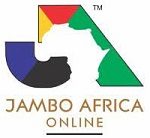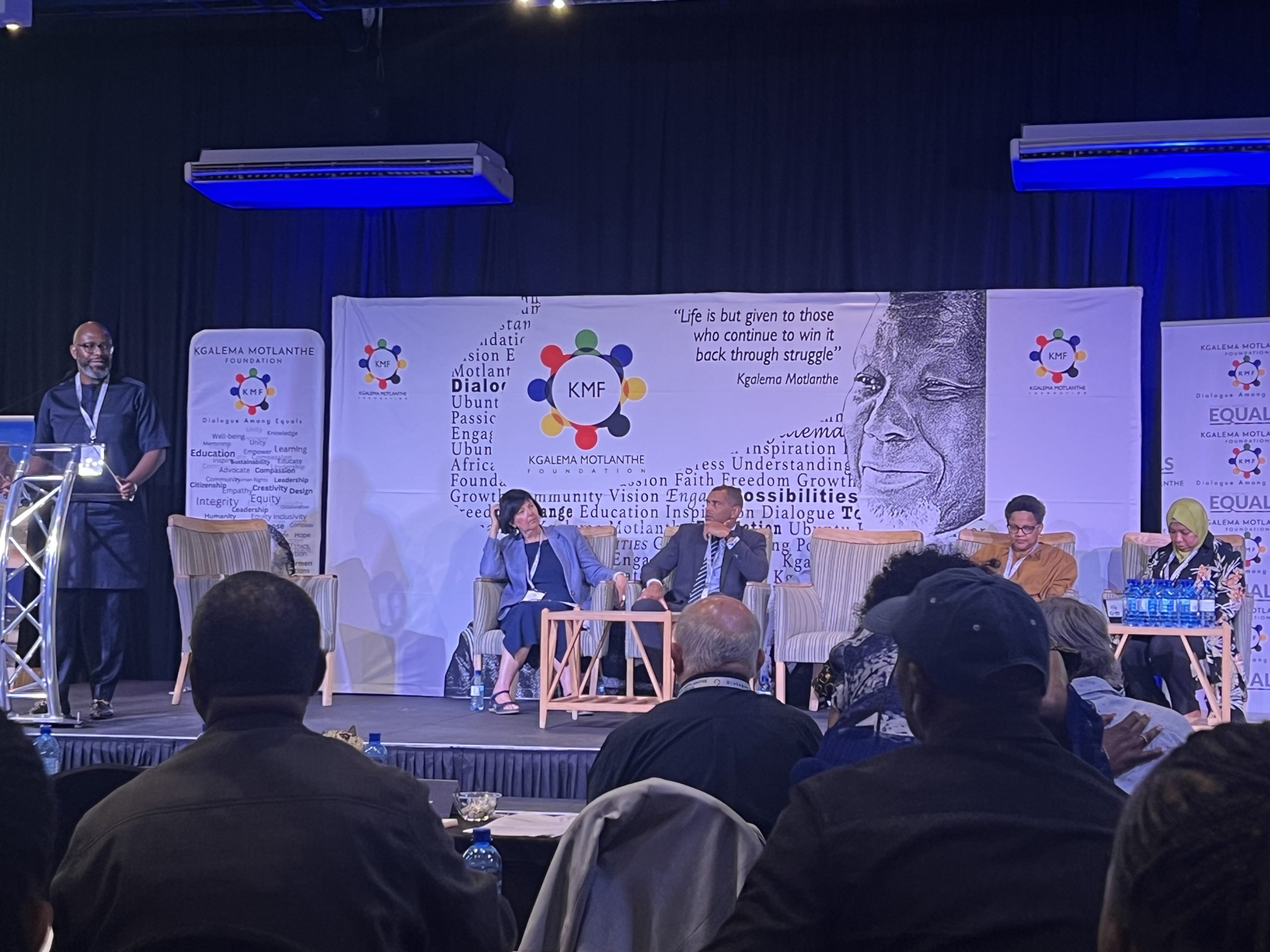This is the edited version of the speech given at the Drakensberg Growth Summit hosted by the Kgalema Motlanthe Foundation from 10 to 12 October 2025…
Program Director, good evening ladies and gentlemen. Allow me to stand on the protocol that has already been established and go straight into my talk, because I am a bit long-winded and might lose track of time.
It is always a privilege to join you in this cycle of dialogue among equals. As we attend each iteration of this forum, and every other platform for dialogue, we recognise the growing responsibility to inquire more deeply, to listen more intently, and to think more independently.
As we gather this weekend to discuss and debate the topics at hand, we are reminded that the year 2025 was always going to be momentous. The multilateral approach to cooperation is being tested, with the world turning inward—nationalistic populism rising, emphasising the primacy of the region or country rather than the globe.
Democratic backsliding is in full swing in many parts of the world. De-globalisation is taking root even in the most advanced economies, as too many people feel excluded from the benefits of global trade. Forces have been unleashed that are dark, turbulent, and disruptive—creating a world that is precariously balanced between progress and regression.
The challenges of this moment remind us that we always exist within a prelude of determinants unknown. Here, in the embrace of the Brackenfell mountains, we reflect on this year’s theme: Defining the National Interest — Our Greatest Priorities, Including Geopolitics, Trade, and Inclusive Growth.
Within that theme lies a question that may seem simple, but is among the most complex we face: what is the national interest? Does Africa, and the developing world, feature strategically in this uncertain and tense global landscape?
South Africa took over the G20 presidency at an extremely sensitive time, undergirded by interlocking and mutually reinforcing challenges. Power dynamics are shifting. Cooperation and consensus are eroding. We are at the end of the G20 cycle that commenced in 2008. Collectively, the G20 represents 85% of the global economy, 75% of world trade, and 67% of the global population.
The African Union’s inclusion in 2023 in the G20 is seen as an opportunity to amplify Africa’s voice in global economic governance. Yet, between 2008 and 2012, Africa received only 3% of the words in G20 communiqués, and only around 6% in the three most recent summits. Much work remains to increase this representation and ensure that commitments are realised on the ground.
Our emphasis must be to build solidarity within the Global South, based on multilateral equity, social justice, respect for diversity, and development. We must focus on implementing the Pact for the Future—making access to finance cheaper and easier, and harnessing critical minerals for inclusive, sustainable growth, ensuring that Africa benefits from value addition rather than mere extraction.
South Africa’s G20 presidency is also an opportunity to strengthen collective action for a successful COP30 in Brazil, particularly through partnerships like the Just Energy Transition Partnership. These efforts continue the focus initiated under the presidential tenures of Indonesia and Brazil.
Turning to South Africa, our post-apartheid trajectory has left racialised structures of resource allocation, deprivation, and inequality relatively intact. This reflects the stubborn legacy of apartheid and colonialism. Our growth remains lacklustre, consistently lagging behind the rest of the African continent.
Inequality today results from the way capital has expanded globally without evolving its ethics. Financial flows move faster than political deliberations. Corporate profits expand faster than the provision of public goods. The world finds itself in a paradox: wealth creation is borderless, but justice remains confined within national boundaries.
Thus, the national interest cannot be defined merely as the protection of borders. It must also mean protecting people from vulnerabilities created by global imbalances—climate shocks, technological disruptions, pandemics, and the erosion of dignity.
Whether through news feeds, research papers, or everyday conversations, we see that geopolitics is no longer defined solely by territory, but by narratives. Whose story of the world will prevail? Whose definition of fairness and prosperity will become universal?
Meaningful social dialogue is required to address lingering legacies and the enduring marginalisation of the majority. A sizable percentage of the world’s population is young—Africa has the most youthful population. Here we recall Frantz Fanon’s adage: “Each generation must, out of relative obscurity, discover its mission, fulfil it or betray it.”
Each generation must redefine priorities anew. Yesterday’s answers are not sufficient for today’s dilemmas. Tomorrow will not ask us the same questions. The national interest, if it is to have meaning, must be a living negotiation between domestic realities and global responsibilities.
Disruption today moves faster. Complexity is layered and hidden. The stakes for humanity and the ecosystem keep rising. Wars are fought not only on battlefields, but also in the contested terrain of public imagination.
As we mark the 80th anniversary of the United Nations, we must remember that it was formed to prevent another world war. Peace and security remain the bedrock upon which all development rests. Without them, progress is obstructed. Instability drives away investment, weakens industry, and locks communities into poverty.
At the same time, trade and economic cooperation are themselves instruments of peace. They weave connections across borders, align interests, and give nations a stake in each other’s stability. This is why initiatives such as the African Continental Free Trade Area (AfCFTA) are so important.
But the AfCFTA is not a cure-all. It is one piece of a larger architecture that must address the intertwined imperatives of stability, growth, and inclusion. Africa must claim its place as a decisive actor in shaping global rules. With its vast resources, youthful population, and strategic alliances, the continent holds the ingredients for sustainable development. What remains is the resolve to secure a fairer and more equitable role within the international community.
Within that spirit, we could stretch the meaning of national interest to include intergenerational and international interest — where decisions made today must answer to the judgment not only of our peers, but also of our grandchildren.
Moving forward, we must be mindful that talking and formulating policies is easy. The challenge is implementation. Incantations and slogans will not deliver miracles — that is the height of idealism.
May this forum strengthen the spirit of solidarity and leadership that acts, fosters trust, and continually expands the horizon of possibility for Africa. That, I submit, is the task before us. Let us react innovatively, nimbly, and resolutely to this new world order — an era not just of change, but a change of eras.
For a new world to be born, let us unite and prosper together. Thank you for your kind attention.

